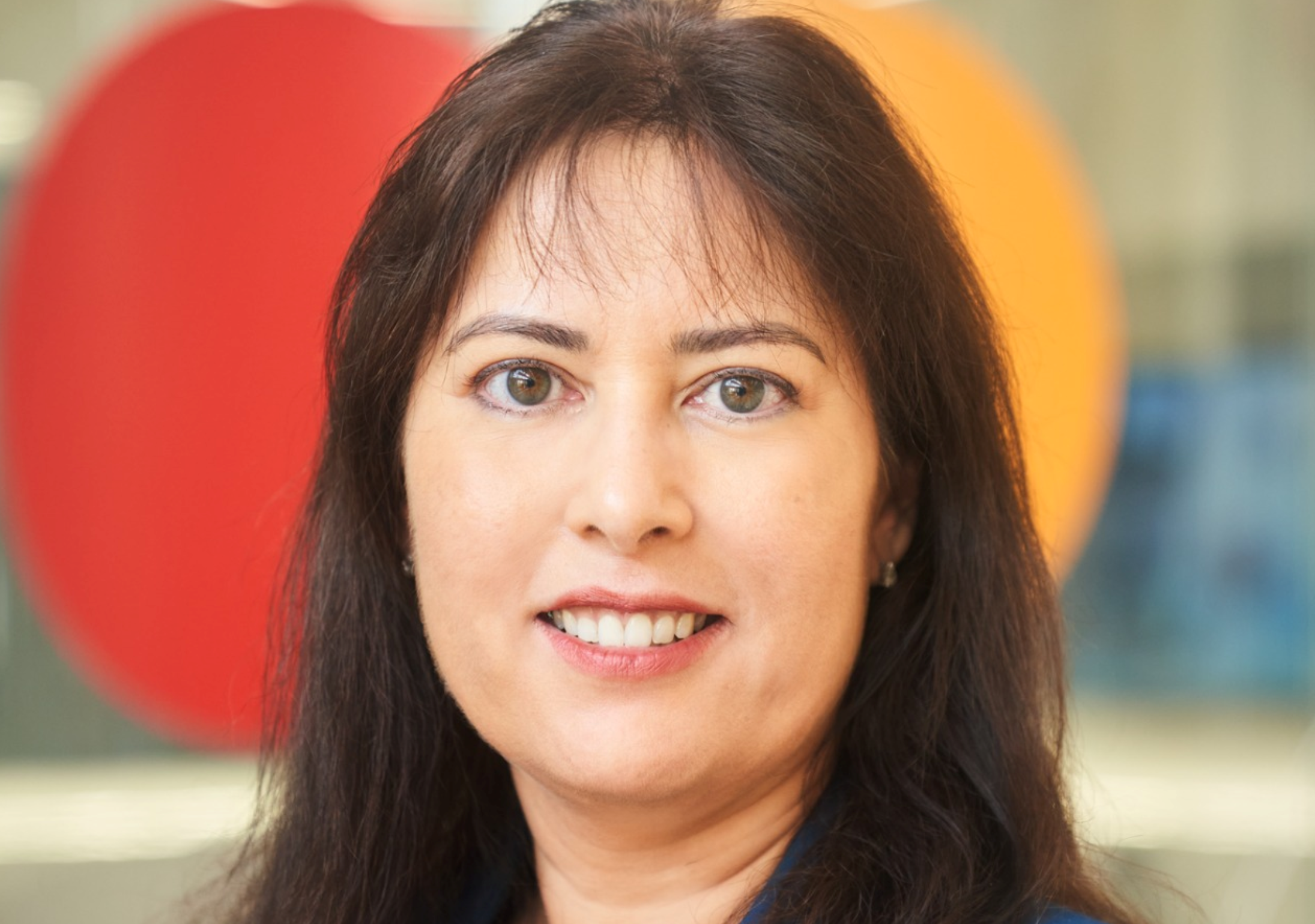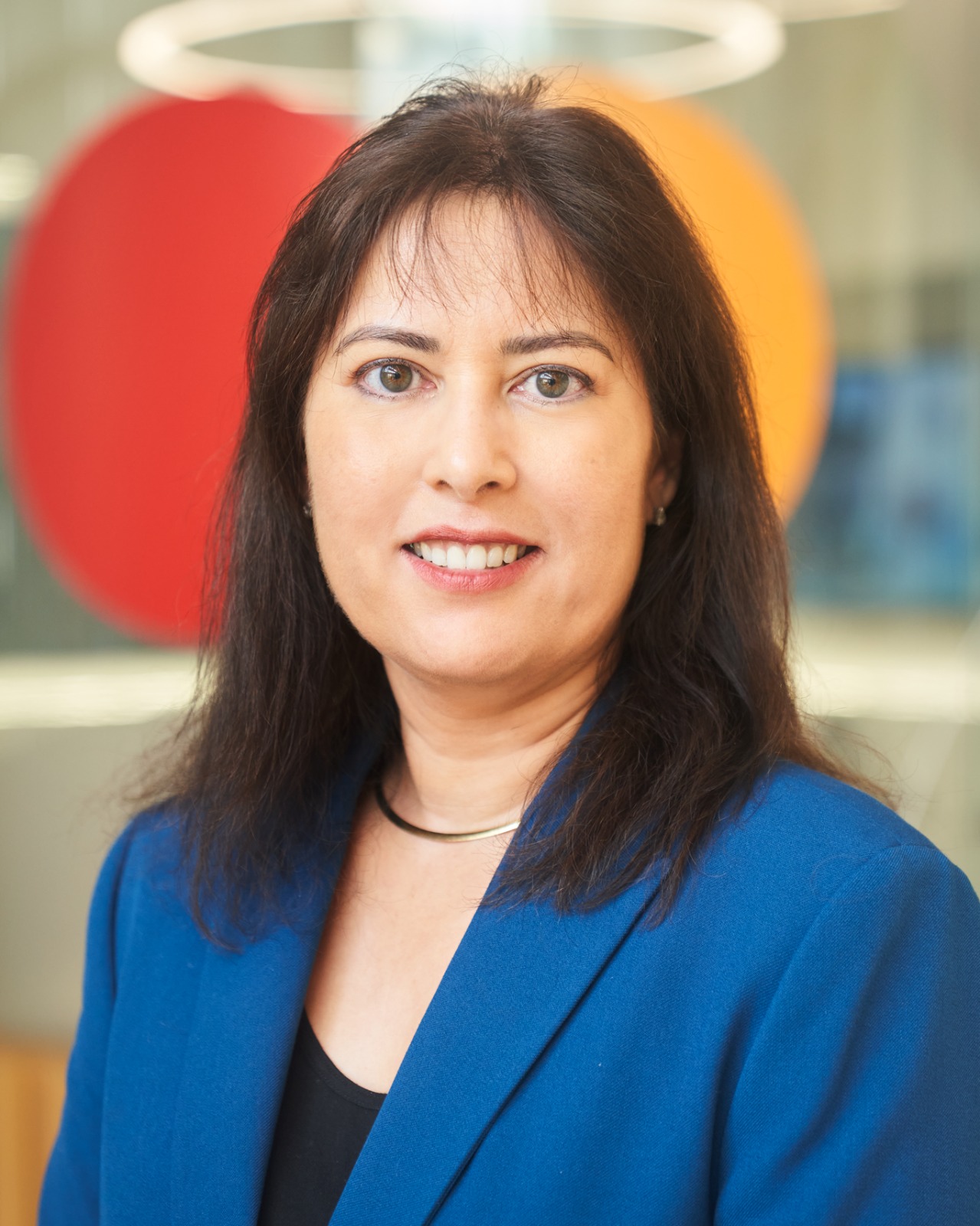
Saudi Arabia’s evolving tourism landscape: Why ‘Purpose’ is the new driver of growth
Tourism continues to play a vital role in driving economic growth and diversification across Eastern Europe, Middle East and Africa (EEMEA) region. In 2024, tourism numbers and spending returned to – and, in many markets, even surpassed – pre-pandemic levels. In addition, travelers are not only returning in greater numbers, but also broadening their horizons beyond traditional destinations.
According to Mastercard’s Travel Trends 2025 report, Saudi Arabia is one of the top three countries globally that have experienced significant growth in passenger traffic since 2019. Riyadh and Jeddah are the nation’s most prominent emerging destinations. This trend is driven by recent travel reforms and substantial investments in tourism and leisure infrastructure under the ambitious Vision 2030 that continues to transform the Kingdom into a global tourism destination.
Among the top themes of the 2025 travel economy is purpose-driven travel. Saudi Arabia has long been a crucial hub for religious tourism, which involves significant spend. Last year, the Kingdom welcomed a record-breaking 18.5 million pilgrims from around the world for Hajj and Umrah.
But the Kingdom’s growing tourism appeal is far from singular. From global sporting spectacles like the upcoming FIFA World Cup 2034 to cultural events such as MDLBEAST Soundstorm and the Esports World Cup, Saudi Arabia is fast becoming a destination for once-in-a-lifetime experiences. These types of events generate surges in cross-border spending and attract international visitors seeking meaningful moments that go beyond sightseeing.
Experience-led travel is rising across the region, and Saudi Arabia is no exception. In fact spending on meaningful experiences in the Kingdom grew by 326% in September 2024 compared to the same time in 2019.
The prevalence of social media, where many travelers post alluring pictures of exotic adventures, is spurring others to make their own memories, often in fear of missing out. This inclination is particularly strong among Gen Z. In Saudi Arabia, picturesque destinations, such as Diriyah and AlUla, are capturing the attention of aspirational young travelers and encouraging them to venture off the beaten path.
Another key trend we have observed at Mastercard is the increasing role of high-net-worth individuals in boosting the industry. An interesting finding is that the Middle East has emerged as one of the main regions driving growth in affluent travel. Topping the list of source markets is Saudi Arabia, where 27% of the respondents in our Affluent travel: A Middle East perspective report identified as luxury travelers.
The study found that more than half of affluent travelers in the region prioritize meaningful travel experiences over shopping and souvenirs. Meanwhile, close to a quarter are willing to pay more for remote destination experiences, customized tours to connect with local culture and eco-friendly resorts.
Quality accommodation at the top end of hospitality is high on the wish list. Our survey has shown that 27% of the respondents are willing to pay more for villas and chalets in secluded and private locations. Meanwhile, younger affluents are likely to pay more for luxury accommodation in popular city hotspots or for unique gourmet experiences.
Luxury-seekers are digitally savvy, with 74% booking travel online. They also want their money’s worth in the form of exemplary customer service and pampering, and they are super users of hotel loyalty programs.
These shifts point to a broader evolution: travel is becoming more purposeful, personalized, and experiential. And as Saudi Arabia continues to open its doors to the world, its ability to attract a diverse mix of travelers religious, adventurous, affluent, and values-driven, will be key to long-term tourism success.
At Mastercard, we support tourism ecosystem players through market analysis and high-frequency, data-driven insights that enhance the travel experience. By enabling destinations and businesses to better understand evolving consumer trends, we contribute to shaping a more connected, resilient and prosperous future for the Saudi tourism industry.

* Khatija Haque is the chief economist for the Eastern Europe, Middle East and Africa (EEMEA) region at Mastercard Economics Institute.








